Dear friend,
I notice, when we’re addressing the imminent collapse of the world, there are so many shoulds thrown around. “We should act collectively, we should wake up, we should see that we’re destroying the Earth, we should deploy the best sensemaking practice, she should create new narratives, we should…”.
I can see that they are coming from a desire to help, from deep sadness and grief for what’s to come. But, I don’t believe in shoulds. I don’t believe in them because all these statements do not reach anything in my animal body. I understand them intellectually, but I don’t feel anything. There is no resonance in should.
Instead, I want to understand our resistance to change and resistance to heal. I want to understand why we are so inertive, and why we resist what we desire the most.
One thing I want to explore in this article is trauma and fragmentation of consciousness—this is what I learned about in my early psychology career (I will tell that story in a bit). However, I want to look at it in the context of reworlding, because it pertains to regeneration and our ability to move past trauma in ways we haven’t yet considered: to create new worlds in the place of fracture. Something more powerful than shoulds—a regenerative force of conversational experience of ourselves and each other.
Seeing the world through lens of trauma
Back in 2018, deep in Costa Rican jungle, my teacher told the whole group: “imagine that you’re putting on glasses through which you are able to see the world through the lens of trauma. You will start seeing traces of it wherever you turn. And the world will never look the same way again.”
You’re asking me to see the world through the lens of trauma?
I was 23 years old, disillusioned with the mainstream field of mental health. Looking to understand what healing really is, thousands of miles away from home, in trauma facilitator training. Four years of psychology at a university paled in comparison to this experience.
The world is beautiful more than it is horrific, and you are asking me to see the pain, everywhere I turn. To acknowledge the invisible rupture—not only in the obvious cases, but also in the smallest of life experiences. To train my inner eye to see the fragmentation of internal human landscapes. To perceive a topographical overlay of trauma over the terrain of the Earth. To see rupture without resolution as a spectrum.
I was coming to terms that I will see trauma at the root of all human and non-human suffering, and more than my awareness would have allowed me before.
You could trace back so many human transgressions against each other, against the living world, and against aliveness, down to trauma. And then, only to see that infliction of trauma is what allows the current systems to exist. These systems exist because they are able to inflict trauma. As Bayo Akomolafe points out—the colonial ship has shapeshifted away from a physical entity into an institutional algorithmic atrocity, culminating in the worlding of the individual.
In this context, worlding is an internalization of another’s worldview. A cathect, a shifting of emotional investment into an idea that individualism is a desired state. The way a colonialist deploys its worldview into its slave’s psyche is by making the slave see the world through the colonialist’s eyes; by convincing what is desirable, what is worthless, and what is worthy of destruction. Worlding slowly replaces our known stories, with stories of a different kind—imaginaries of different worldviews and beliefs—sometimes the complete opposite of ours, for better or worse.
Exile as adaptation
The importance of trauma, after decades of pioneering research and polarizing disputes in the psychology field, has finally reached the masses. We are finally recognizing trauma as a spectrum of experiences and that the majority of trauma is relational.
Trauma happens the moment we are forced to exile ourselves out of the relationship with ourselves or someone else with whom we feel a deep connection to, for the sake of survival. That someone can be a part of you, or another person, but it can also be a being, animal, plant, ecosystem, land, home—or anything else we are attached to.
We exile ourselves into versions of us that steer so far off from the ecological authentic Self, we exile landscapes into unrecognizable wastelands, we exile species into extinction, we exile our lives to be lived and exploited by the system that capitalizes on the act of exile—extractivism. We use exile as adaptation to the current society.
But exiled parts are never truly gone. They lurk in the ocean floor of the psyche, they obscure themselves with the deepest desire to be truly seen for who and what they are. “Trauma is when we are not seen and known”—writes Bessel van der Kolk. And the shadow, the most isolated and remote parts of you, want to be seen and known. They seek integration.
We are recognizing that a fragmented psyche seeks to be integrated, sometimes, in the most destructive ways.
But the psyche will not find healing in extraction, it will not find healing in amassing capital, it will not find healing in speeding up extinction, it will not find healing in oxygen tanks and underground bunkers when the cataclysm disrupts all last resorts of deliberate avoidance. And yet, the fragmented psyche tries to find healing in most desolate places, devoid of connection. Devoid of devotion to life.
Fragmentation as an opportunity for relationships
It is established that fragmentation from the Self, and splitting away from connection, is what actually creates trauma.
However, paradoxically, we could say that trauma creates the possibility for relationships because it fragments the psyche and body into even more parts than there were in the first place. It creates more parts to interact with.
For us to have a relationship there have to be at least two interacting particles, at least two interacting beings, and at least two interweaving parts of consciousness. And still, one plus one is not entirely one plus one in the context of psyche, it’s a multiplicity plus multiplicity. A relationship is forged in the recognition of otherness, as Gabor Maté points out that “even connection is a misleading word: only entities distinct from each other can be connected, whereas reality knows only oneness.”
“Quantum entanglements are not the intertwining of two (or more) states / entities / events, but a calling into question every nature of two-ness.” — Karen Barad
We tried to integrate the fragmented psyche through centuries of shamanism, rituals, theatre, psychedelics, therapy, art. Art especially, allowing us to create connections with parts of us that were not given a voice before.
The ecological Self is a reworlding
Our minds have forgotten that the ecological Self contains multiplicities, feathery ascents, and rapturous underground perishings, thousands of non-human ancestors, fusing and transforming through generations, every second exchanging the breathable biosphere. The psyche is a walking, sleeping ecology, where worlds and stories emerge. A place of fracture where a possibility of healing is set like an emerald, next to an open wound.
That same possibility of healing rests at the heart of trauma, within a fracture where worlding can take place. Trauma breeds new spaces of fragmentation, by opening wounds below the surface of the skin. In the act of inner and external separation, it sifts the parts of us that are too vulnerable to survive in environments of pain, and sculpts new parts of us that will be able to adapt to that pain. This is a process of adapting to the surrounding worlds and realities —we create personas that will survive in the worldings of society and early life experiences. However, these are not necessarily the realities that we want to continue living in and adapting to. We can reworld.
An active process of reworlding creates a possibility for reconstructing shared realities; for parts of us that have become segmented to enter into a conversation of a desired world. The conversational nature of reality, as David Whyte writes, is also always happening within. Our inner worlds are warped by conversations, are weaved by silences, monologues, dialogues, and trialogues. Conversations, like wave patterns, like wind pushing sand dunes, come and go—slowly sculpting new realities.
Psyche is a conversational reality, a conversational ecology where parts of us live out lifetimes in unknown forms and in unseen worlds. Parts of us live in unknown territories, inaccessible to the conscious mind. Psyche is a generative relational reality, relational reworlding. It is as much of a place of trauma and separation, as it is a place of healing, connecting, and world-making. It is a soil for transformation.
Ursula K. Le Guin speaks on the transformative power of conversationally:
“<..> go on surrendering to the beauty and terror of conversation, that ancient and abiding human gift. And the most magical thing, the most sacred thing, is that whichever the outcome, we end up having transformed one another in this vulnerable-making process of speaking and listening.”
Listening into silence
I don’t want to paint trauma in a positive way or to twist a new theory, but I want to recognize a generative force in trauma and question our perception of it. I want to see trauma as a possibility to expand our capacity for further reworlding, further generativity, and further creation.
P.W. Kirby writes in his article on (re)worlding Fukushima:
For instance, when people gather in the evening to chat on the street, or amid a ruined cityscape for that matter, they often experience an impression of orienting attachment, of immersive experience—a sense that they share a world, however fleeting. Yet this ongoing process of worlding is fragile.
Worlding is fragile because the process itself is ongoing, iterative, fleeting—due to the nature of conversations. Conversations that are reinforced, repeated, remembered, and re-entered—allow for new world to start materializing.
I want to dare to listen in places where silence has been placed as a sign of fragmentation. I want to listen when it’s hard for someone to speak into that silence, yet they still do, as an act of defiance and reworlding a new narrative. I want to allow conversations that create new worlds, and then re-enter them again, and again, until what we converse about become places of reworlding. Until we become places of reworlding.
This is why utterance is magic. Words do have power. Names have power. Words are events, they do things, change things. They transform both speaker and hearer; they feed energy back and forth and amplify it. — U. K. Le Guin


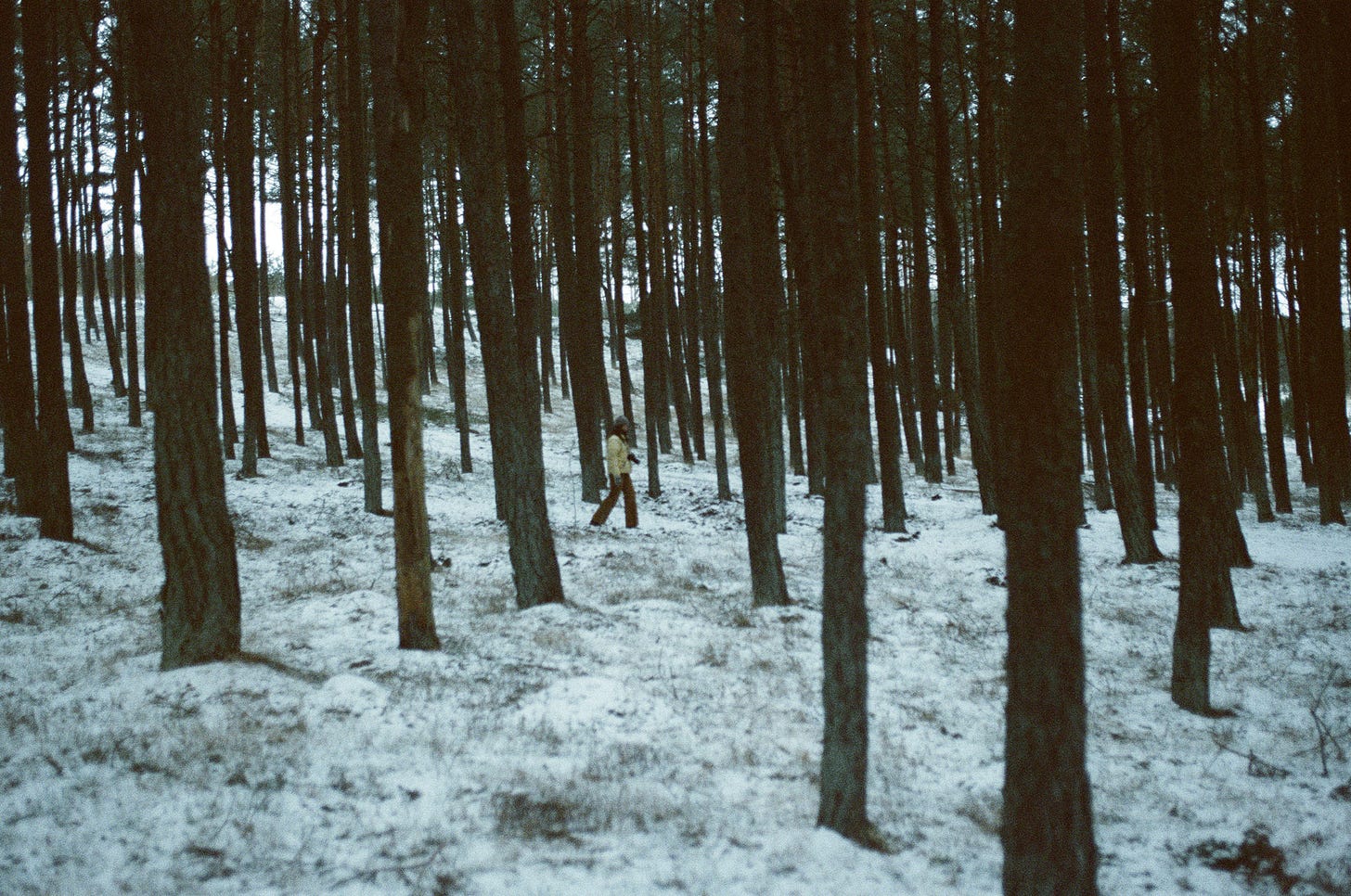

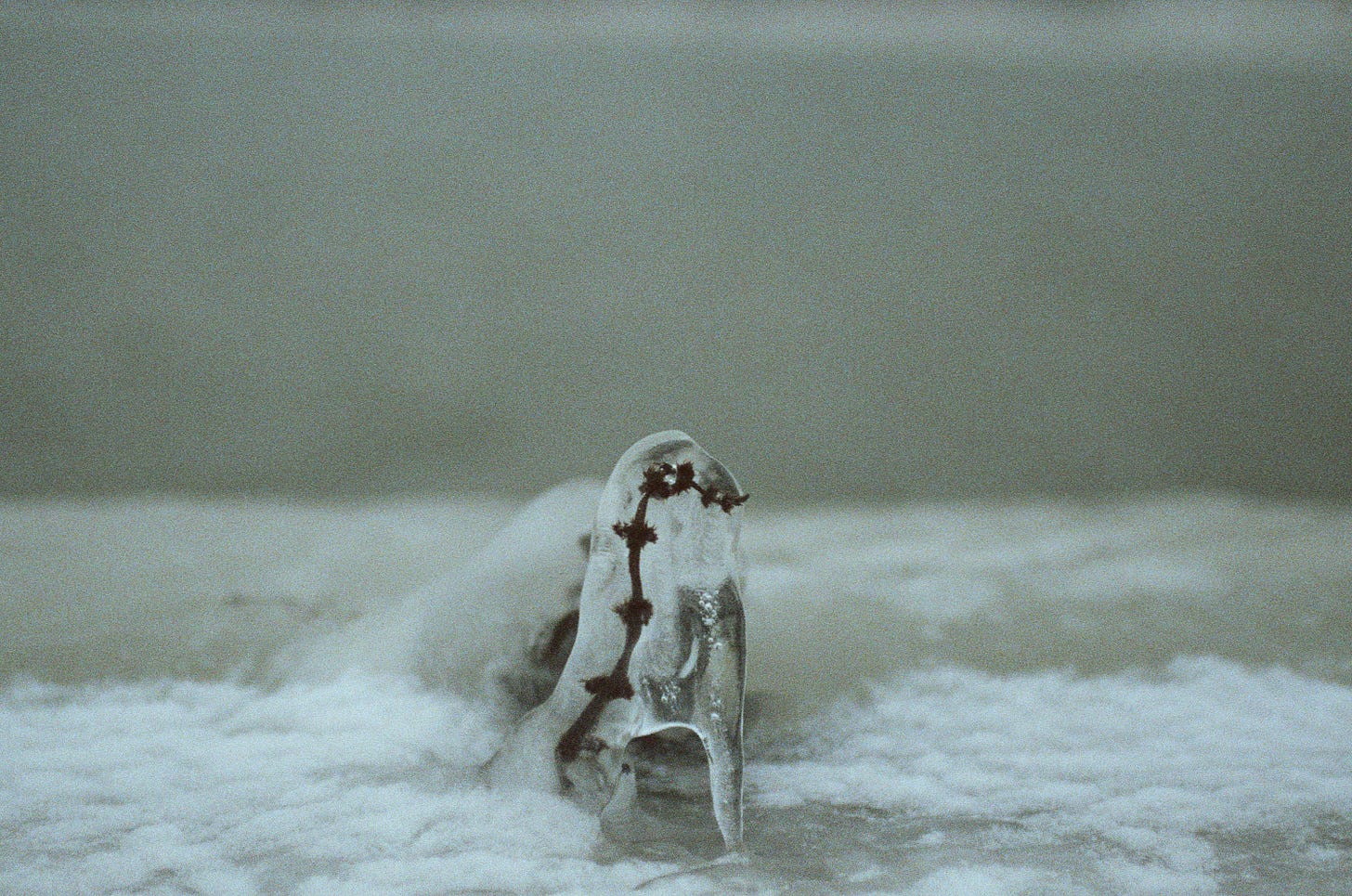
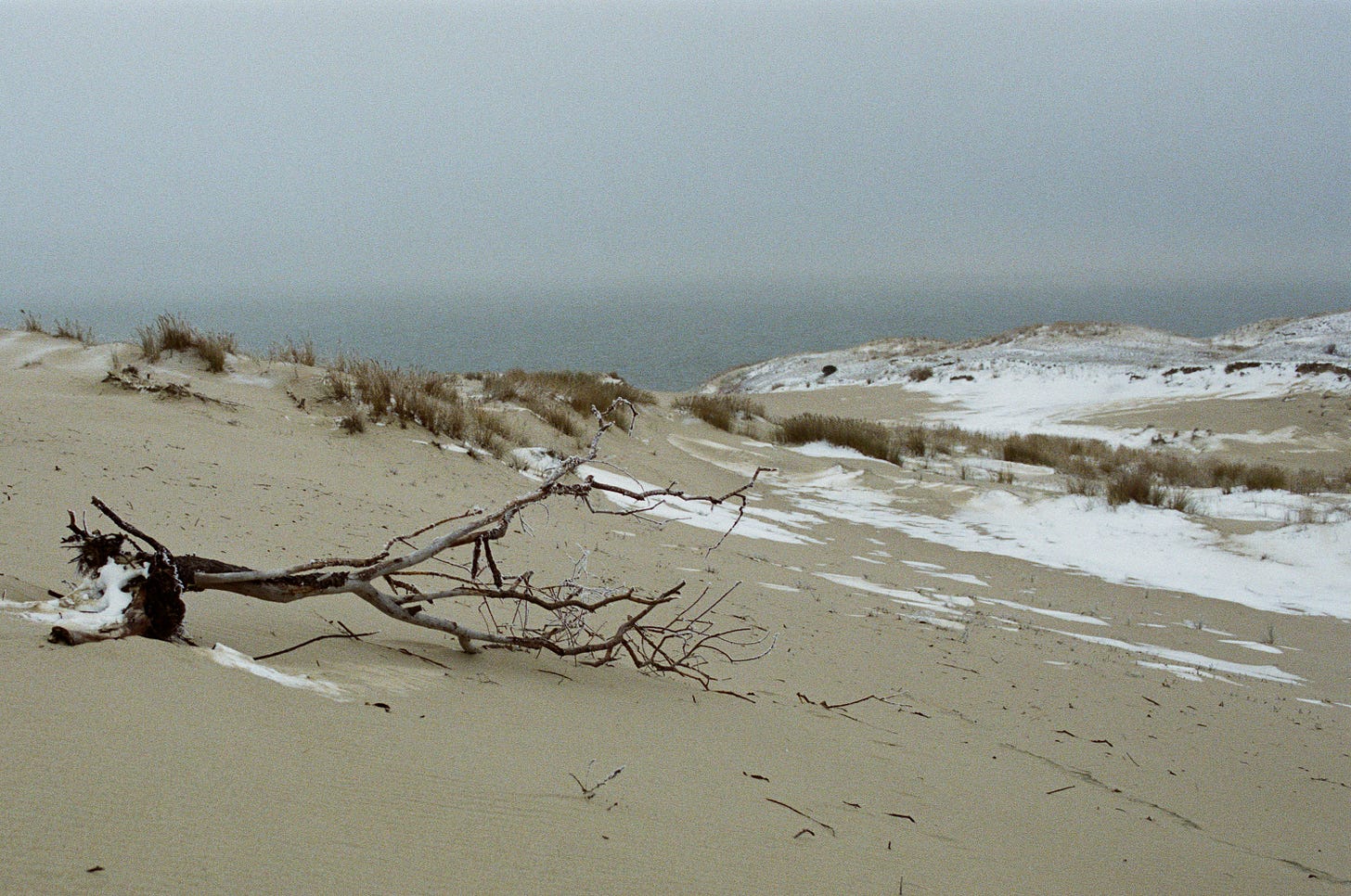
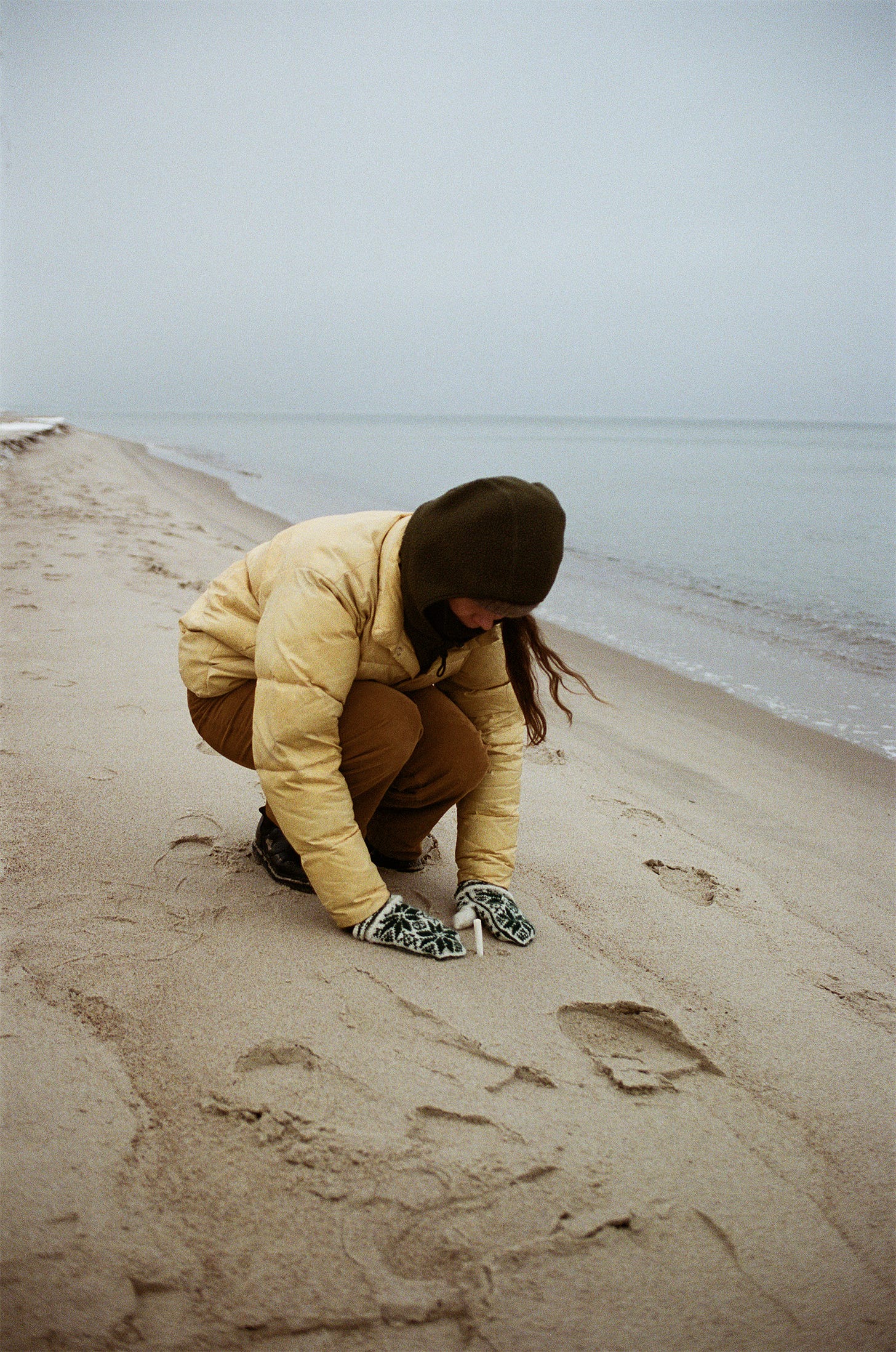
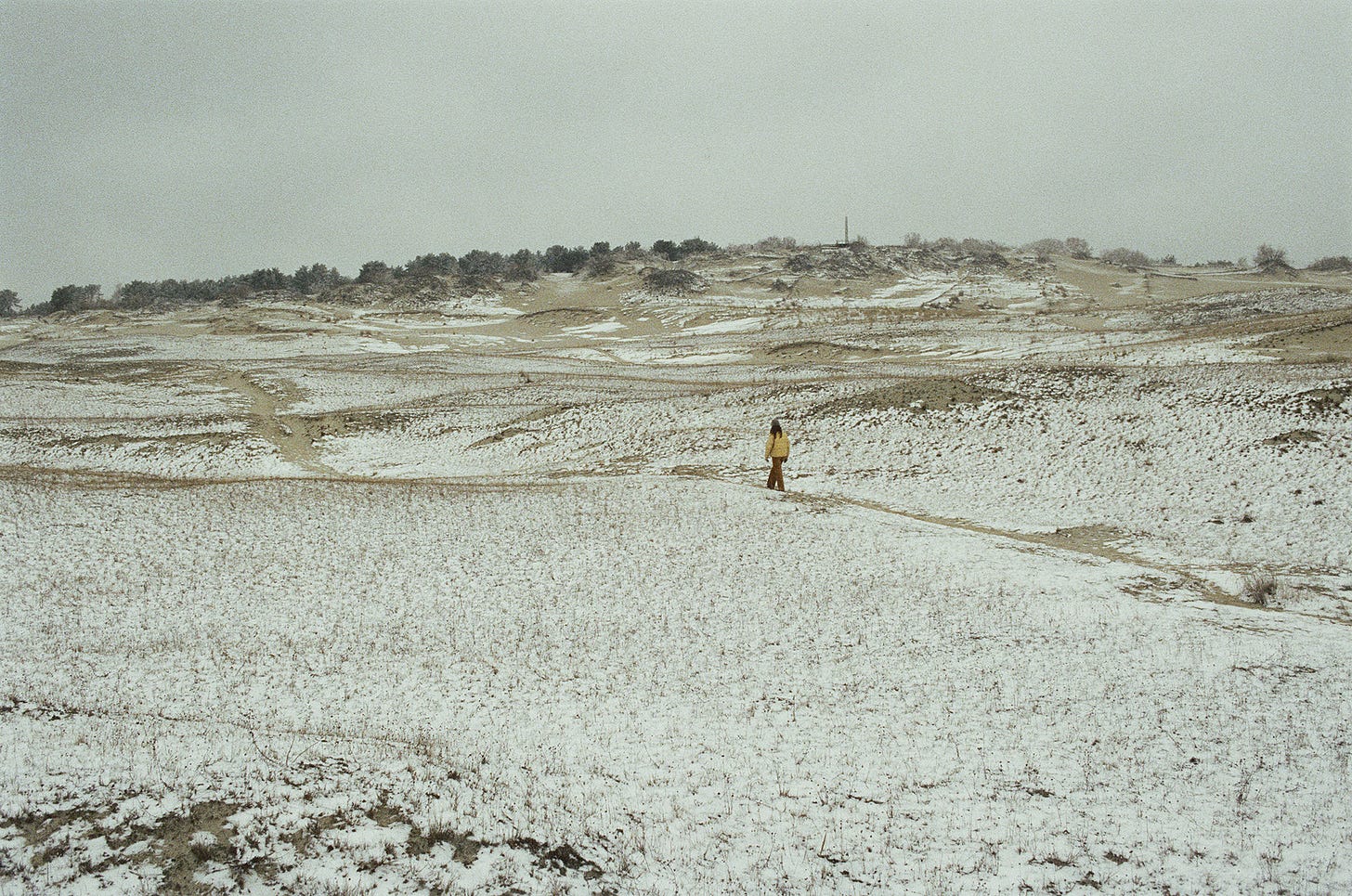
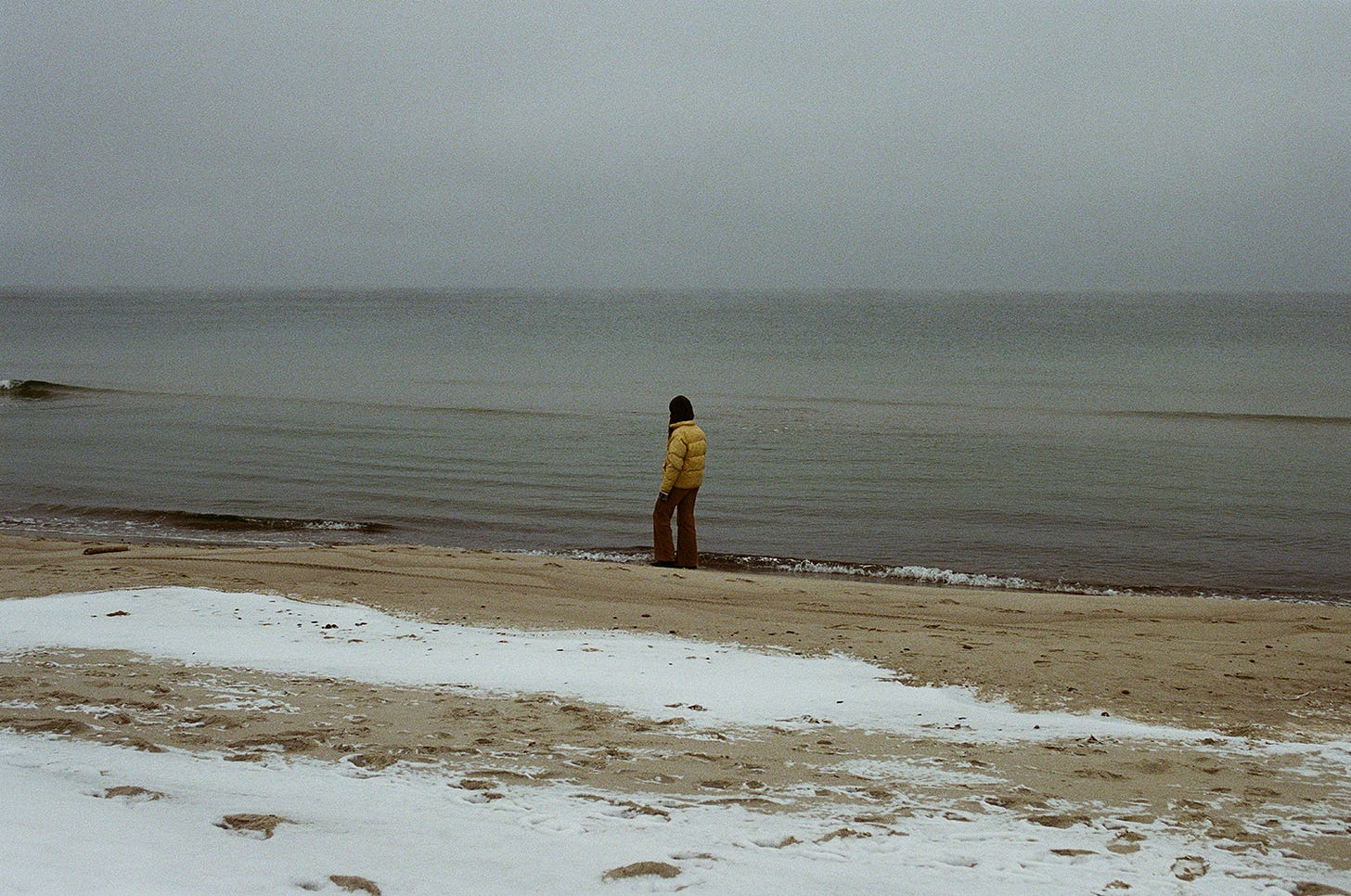
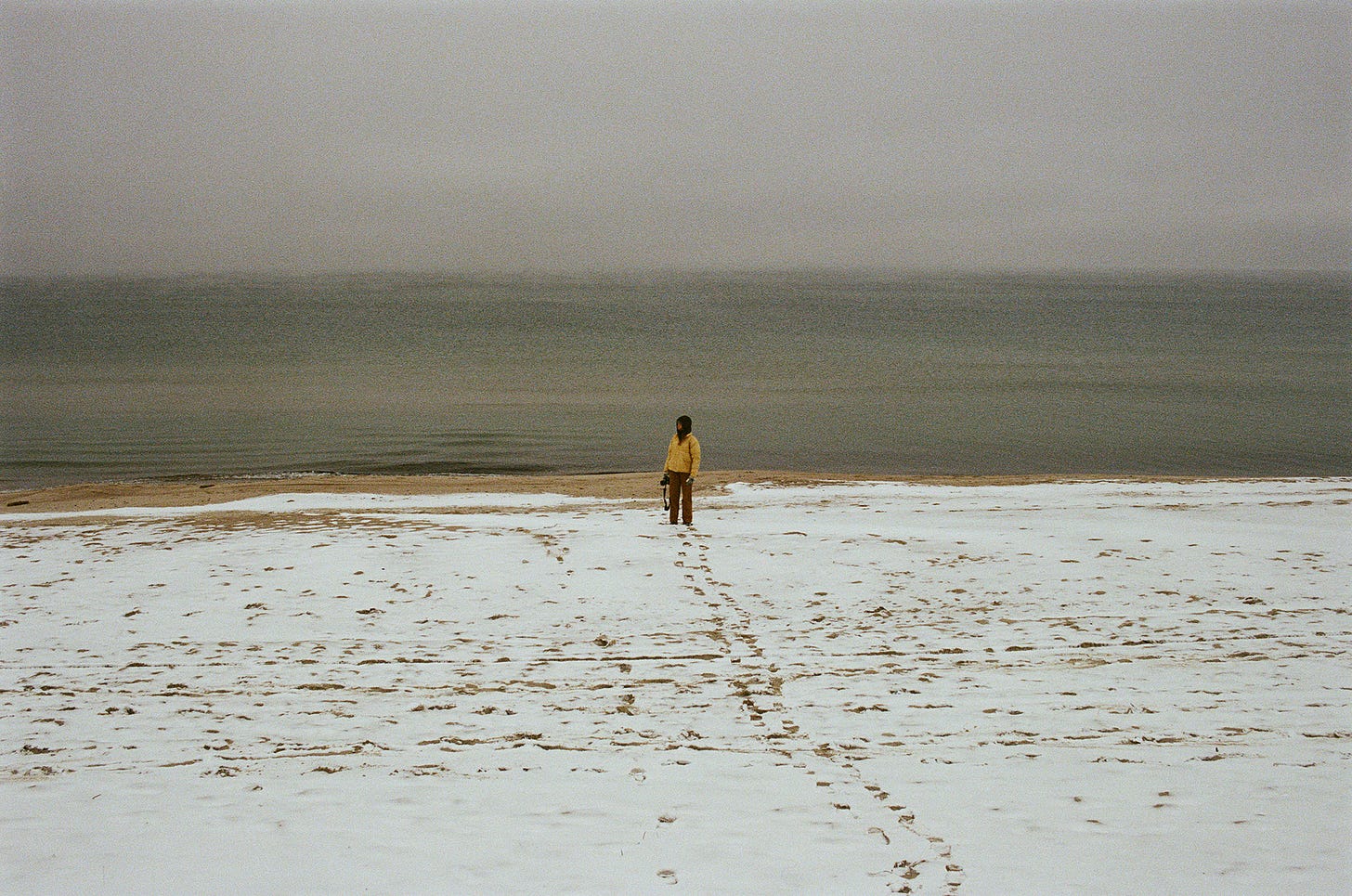
Ah Ruta, I will return to read this many times I can tell <3
Beautifully written! Love the nuanced and new light that you shed on trauma